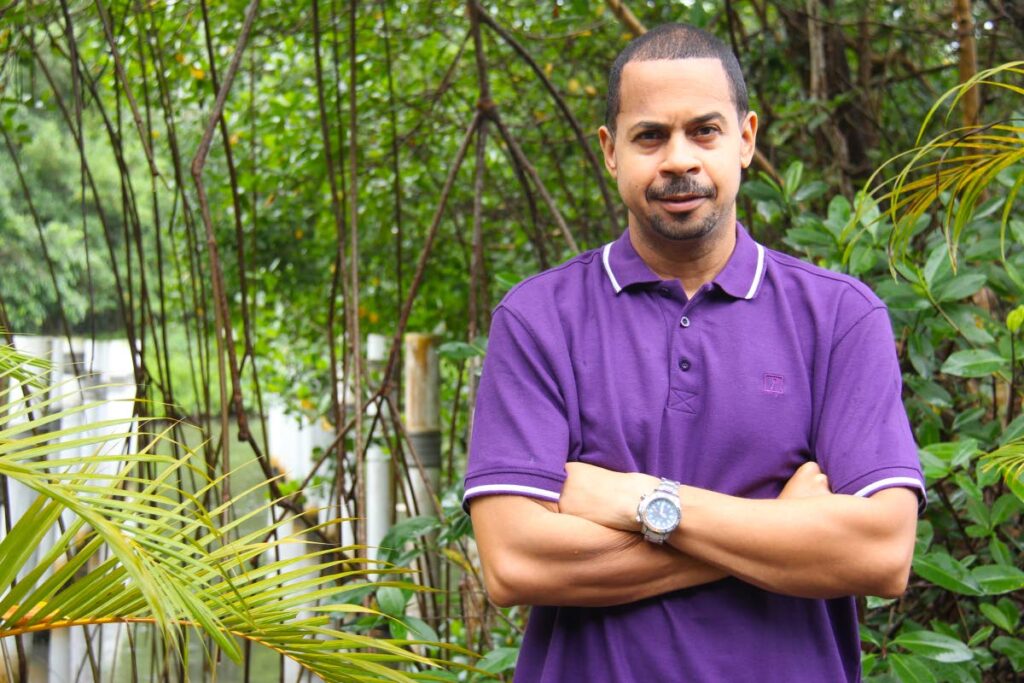School violence – merely a symptom

PAOLO KERNAHAN
Will the mother of a student beaten within an inch of his life get justice?
Will the maxi taxi driver who tried to defend that student against the juvenile pack of hyenas get satisfaction for the body music he endured? Probably not.
The mob masquerading as pupils who bludgeoned the 16-year-old and the driver are minors making big people's choices. In civilised societies, minors who perpetrate violent crimes don't escape attention of law enforcement simply because of their age.
Vidya Lal, mother of Rasheed Lal, tearfully told reporters of the aftermath – an ambulance had to be called to their home a few days after the beating of the Carapichaima Secondary School student because he struggled to breathe.
Whenever there's a flare-up of school violence we respond with typical knee-jerk reactions. As the paroxysms of shock and horror abate, nothing more is heard of the matter until the next bare-knuckle school brawl captures our ephemeral attention.
Sure, there may be a committee to investigate here and a white paper there; ultimately nothing is done and the cycle of violence does what cycles do.
A lifetime ago I covered a spate of violent incidents at a school in Arima. Teachers and the school administration were battling an unstoppable wave of conflict. At the time, school administrators were being pushed to expel the troublemakers.
The argument was this: students uninterested in learning shouldn't be allowed to disrupt those who are. You want to fight? Go do it in the streets...like real gangsters.
Students who were suspended for fighting would often sneak into this Arima school through a hole in the fence at the back of the compound that's bordered by a ravine. That's a lot of determination to settle scores.
At the time it was believed these miscreants were under the influence of gangs. These gangs were exerting a territorial claim over the school which was simply a subset of their domain. Even though expulsion was an appealing option, it didn't make sense, for obvious reasons: expulsion can fast-track a life of hopelessness and criminal inclinations. Without an education or some semblance of one, jettisoned troublemakers become layabouts and gang conscripts.
School violence is a complex challenge. Teachers aren't trained to face the calibre of combatants in today's theatre of operations. I've spoken to teachers who feel as though they aren't educators at all, but wardens.
In some schools, they describe large numbers of students as openly disrespectful, volatile, and even sexually aggressive toward female teachers.
Several months ago the Ministry of Education claimed school fights were "down to almost zero," an assertion that seemed flimsy. It also doesn't account for the number of incidents that occur off-site. Many of the violent clashes involving both male and female secondary school students happen on sidewalks, in the streets, and even in front of people's homes.
School violence is intractable because many people, including the authorities, fail to process it as a symptom and not a disease. Student conflict is a repeating echo of the broader dysfunction in society. Studies show students with violent tendencies tend to come from violent communities or homes where conflict is prevalent. Moreover, students who live in these pressure-cooker environments perform poorly academically. So academic struggles also contribute to acting out among disadvantaged kids.
In that way violence becomes a self-sustaining chain reaction; children who come from unstable environments become themselves unstable, eventually graduating to perpetuate the cycle of instability.
They leave the school system without any sort of useful education. They didn't benefit from the quality of parenting that would prepare them for the world and so go on to repeat the mistakes of their parents.
Allowing school violence to fester is criminally unfair to mild-mannered students who just want an education. It's an injustice to teachers, who shouldn't wake every morning to feelings of dread at the prospect of getting dressed to go to work in the Thunderdome.
Moreover, school violence contributes to the degradation of the wider society. Troubled students regurgitated by the school system in many cases graduate to more serious criminal activity.
Until NGOs, the ministries of Education and Social Development and Family Services and the police work together to confront school violence for what it is – a family and societal plague – we'll keep treating the recurring symptoms.

Comments
"School violence – merely a symptom"